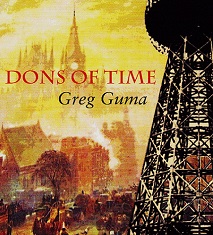Source: The Guardian, CIF
Regeneration boosters praise cities that ‘bounce back’ from poverty. The reality is poverty just gets bounced elsewhere
It’s no secret that today’s big cities are massively unequal, and gentrification is now the predominant form of neighborhood development. In countless urban districts across the world, affordable housing is on the decline and displacement is on the rise. This is especially true in New York and London, where observers are straining to find sufficient prefixes (mega, hyper and super have all been aptly applied) to describe the pace at which gentrification is changing the city.
But most of the discussion about gentrification doesn’t do justice to everything at stake.
Here’s how gentrification talk typically goes: poor neighborhoods are said to need “regeneration” or “revitalization”, as if lifelessness and torpor – as opposed to impoverishment and disempowerment – were the problem. Exclusion is rebranded as creative “renewal”. The liberal mission to “increase diversity” is perversely used as an excuse to turn residents out of their homes in places like Harlem or Brixton – areas famous for their long histories of independent political and cultural scenes.
After gentrification takes hold, neighborhoods are commended for having “bounced back” from poverty, ignoring the fact that poverty has usually only been bounced elsewhere.
In an insidious way, the narrative of “urban renaissance” – the tale of heroic elites redeeming a city that had been lost to the dangerous classes – permeates a lot of contemporary thinking about cities, despite being a condescending and often racist fantasy.
When gentrification is criticized these days, it tends to be done in terms that muddle the issues. The least useful way to criticize gentrification is to obsess about an area’s character, coolness, or even worse, “grit”. Lamenting the proliferation of cupcakes and cappuccino is a staple of reporting on places like Williamsburg or Dalston. But this kind of story reduces something that’s all about inequality to middle-class agonizing over authenticity.
It’s beyond time that policymakers, planners and urbanites de-gentrified their thinking about cities.
This will require abandoning a number of pervasive myths which have helped to legitimize inequality and contribute to gentrification’s colonization of the urbanist imagination. read more




